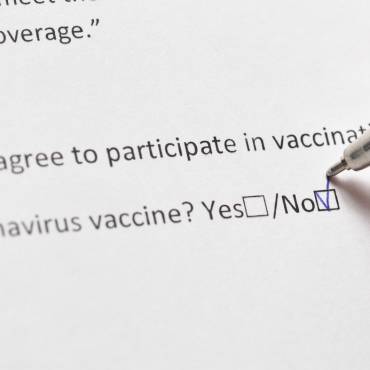Excretion
Excretion of the vaccine virus in the stools occurs after vaccination and lasts for 10 days on average with peak excretion around the 7th day. Viral antigen particles detected by ELISA were found in 50% of stools after the first dose and 4% of stools after the second dose. When these stools were tested for the presence of live vaccine strain, 17% were positive.
In two comparative controlled trials, vaccine shedding after vaccination with ROTARIX liquid formulation was comparable to that observed after vaccination with ROTARIX lyophilised formulation. There is a potential risk for transmission to non-vaccinated contacts.
In clinical trials, cases of transmission of excreted vaccine virus to seronegative contacts of vaccinees have been observed without causing any clinical symptoms. Therefore ROTARIX should be administered with caution to infants with close contacts who are immunodeficient, such as individuals with malignancies, or who are otherwise immunocompromised or receiving immunosuppressive therapy. Contacts of recent vaccinees should be advised to observe careful hygiene (including washing their hands) when changing children’s nappies.
The Vaccine Might Not Protect You and They Don’t Know How Long It Lasts For
As with any vaccine, a protective immune response may not be elicited in all vaccinees (see CLINICAL TRIALS).
The extent of protection that ROTARIX might provide against rotavirus strains that have not been circulating in clinical trials is currently unknown (see CLINICAL TRIALS).
ROTARIX does not protect against gastro-enteritis due to pathogens other than rotavirus.

